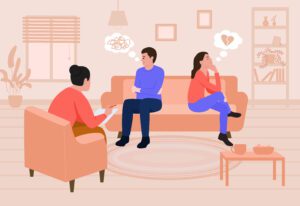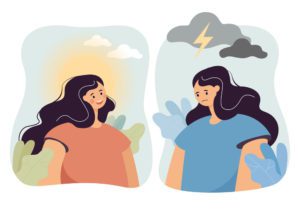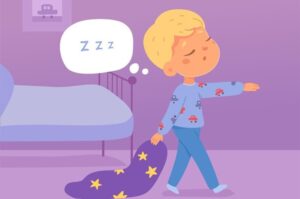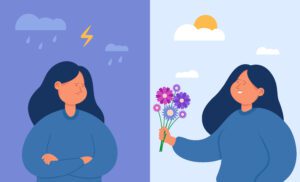Psychologists vs. Psychiatrists – What’s the Difference?
This article has been researched and written by Nayla Daou. AI has not been used in producing this article.
Clients shouldn’t have to jump through hoops to understand who the perfect candidate is for treating their emotional and/or behavioral struggles. Yet, understanding the type of provider you should see during times of need can become quite confusing. At ClearMinds, we realize the world of professional providers can be challenging to navigate and we’re here to help you understand the differences between a psychologist and a psychiatrist.
Psychologist training and education
The training and education required to become a psychologist can vary depending on location, but typically it requires the minimum of a master’s degree in psychology, which requires six years of higher education or a Ph.D. or Psy.D., which requires nine years of higher education. A psychologist with a Ph.D. or Psy.D. can be referred to as a “doctor.” However, they are not medical doctors who prescribe medicine, but doctors who provide psychotherapy. Psychologists require professional licensure from the local health authority.
Psychiatrist training and education
The training and education required to become a psychiatrist can also vary depending on location. Typically, it requires an average of 12 years of higher education. After a psychiatrist earns their bachelor’s degree, they attend medical school for four years, which is followed by a four-year residency, and in some cases, a fellowship for further training. After schooling and passing a medical licensure exam, a psychiatrist is permitted to prescribe medication.
Psychotherapy is most often conducted with a psychologist to alleviate emotional and behavioral symptoms, such as depression, anxiety, stress, eating disorders, and relationship issues, etc. Most often, people who are struggling should first seek out psychologists for an assessment or to begin psychotherapy. If their condition is determined to benefit from medication, their psychologist will then refer them to a psychiatrist. Typically, psychologists also administer assessments to help understand a client’s thoughts, feelings, and behaviors. These tests are then used to help develop a treatment plan to suit an individual’s unique needs. Depending on an individual’s needs, sessions may be needed one time per week or more. Additionally, depending on the severity of the symptoms, psychology appointments can work in conjunction with psychiatrist appointments.
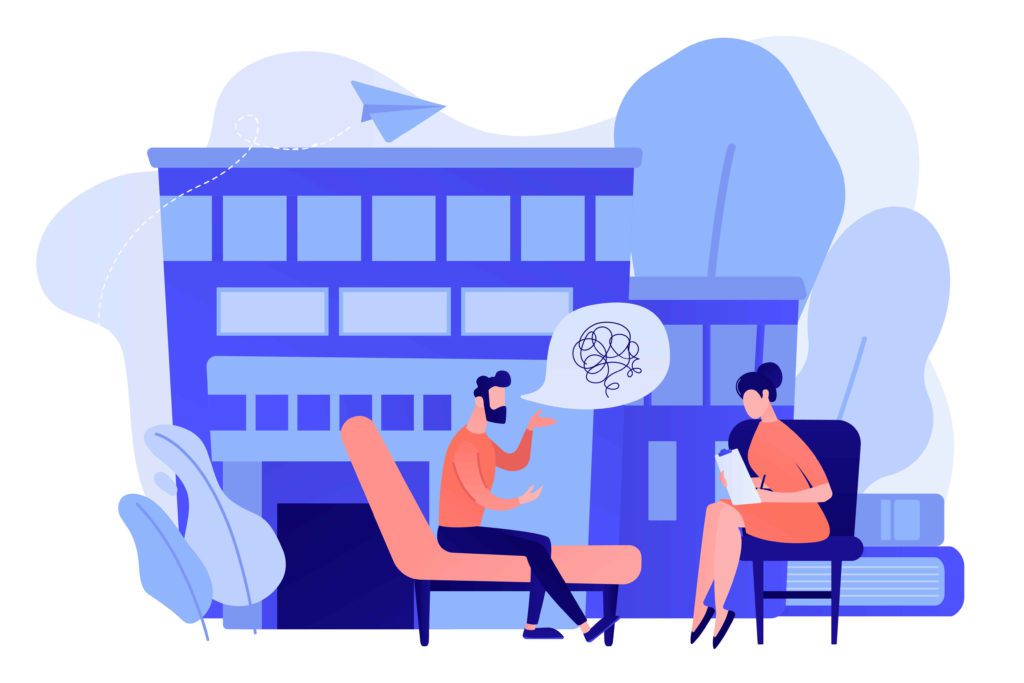
Treatment with psychiatrists
One of the major differences between a psychologist and a psychiatrist is that psychiatrists can prescribe medications to their clients. Although they can also offer assessments and psychotherapy, psychiatrists typically work alongside a psychologist to provide medications, while the psychologist manages the weekly therapy sessions to resolve core issues contributing to the distress. It is not uncommon for the team to meet on a regular basis to brainstorm treatment plans for their shared clients.
Explore your treatment options with Clearminds
Are you trying to determine whether you or your loved one would benefit from seeing a psychologist, a psychiatrist, or both? You do not have to face these challenging times alone, the professionals at Clearminds are here to help. Our professional psychologists and therapists are here to help support you as you navigate your mental health journey on your path to living your most fulfilling life.
Reach out to schedule your consultation today.
How Psychoeducational Assessments Help Shape Better Learning Plans in School
No two children are the same. Every child brings a unique mix of strengths, challenges, and ways of …
Can Relationship Counseling Work for Toxic Relationships?
Relationships can be complicated, emotional, and at times, painful. While every couple experiences ups and downs, some relationships …
10 Signs You May Have Anxiety
Anxiety is a normal and natural human response to stress, danger, or uncertainty. However, when anxiety becomes excessive, it can …
Child Sleepwalking and Talking: What You Need to Know
Childhood is a time of rapid development, filled with new experiences—and sometimes, surprising nighttime behaviors.
Questions a Child Psychologist Might Ask
When preparing for your child’s first appointment with a psychologist, it’s natural to feel curious—or even a little anxious—about what …
55 Love Questions for Couples to Deepen Your Relationship
In any relationship, communication is key. Whether you’re just starting out or have been together for years, asking meaningful
Stress vs. Anxiety vs. Burnout: How to Recognize the Difference
In today’s fast-paced world, understanding the differences between stress, anxiety, and burnout is crucial for …
Relocation Depression: Definition and Ways to Cope
Relocation depression, also known as moving depression, is a form of situational depression that arises from the stress …
How to Help Your Child with Anxiety Through Divorce
Divorce is a significant change that affects every member of a family. For children, the uncertainty and adjustments …
Depression vs Sadness: Understanding the Difference
While often used interchangeably, the terms “sadness” and “depression” represent distinct emotional states, each with …


